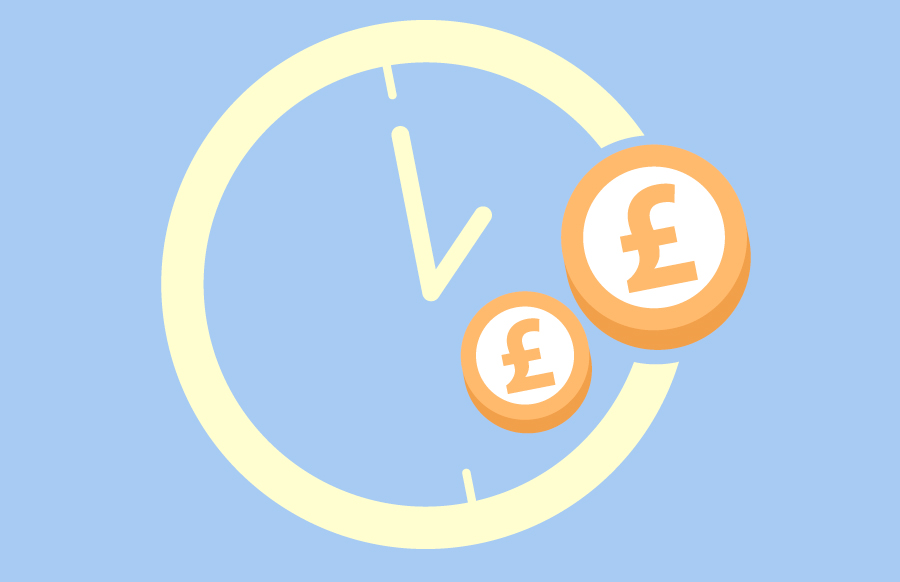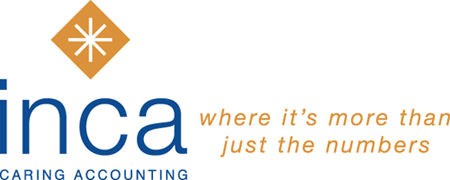Tax season is upon us. If you’re required to complete a self-assessment tax return for 2019-20, and you’ve not done so already, the 31st January 2021 deadline for filing your return and paying any tax you owe will be fixed firmly in your mind. With Christmas and New Year approaching fast, there’s not long to go.
But for some taxpayers, there’s an even more imminent deadline.
If you have tax deducted at source through the PAYE system, and you also receive income from other sources requiring you to submit a self-assessment tax return, you may be able to have any tax you owe deducted through your PAYE tax code.
Rather than having to settle your account at the end of January like most people, HMRC could allow you to have any tax you owe deducted in instalments through PAYE – provided that your bill is manageable, and you are already paying enough through PAYE. Doing this will spread your bill across a full year – and your first payment won’t be deducted until April 2021.
But if you want to take advantage of this opportunity, you’ll have to file your self-assessment tax return by 30th December 2020. So, unless you want to pay your tax bill in one lump sum at the end of January, you have less than two months to complete and file your return.

Why might you pay tax through PAYE AND self-assessment?
If you’re an employee or you receive a company pension, you’ll pay tax on your earnings through PAYE. But if you also have other sources of revenue – for example, from shares, foreign investments, rental income or child benefit, you’ll be required to disclose this income by completing a self-assessment tax return as well.
You can check here if you need to tell HMRC about additional income.
Do you qualify to pay your self-assessment tax bill through PAYE?
If you want to pay your 2019-20 self-assessment tax bill through your PAYE tax code, you must:
- Owe less than £3,000
- Already be paying tax through PAYE
- Submit your online tax return by 30th December 2020 (the deadline for paper returns was 31st October 2020)
If you meet with these three criteria, and unless you specifically ask them not to on your tax return, HMRC will automatically collect what you owe through your tax code. Deductions will start in April 2021, and the tax you owe will be taken from your salary or pension in equal instalments over 12 months – together with your usual tax deductions.
When your self-assessment tax bill cannot be paid through PAYE
There are certain circumstances under which, even if you meet the three qualifying criteria, HMRC will not allow you to pay your tax bill through your tax code. They are:
- If you don’t have enough PAYE income for HMRC to be able to collect what you owe
- If paying this way means you’d pay more than 50% of your PAYE income in tax
- If paying this way means you’d end up paying more than twice as much tax as you usually do
Inca Can Help You Meet the Deadline & Spread Your Tax Bill Over 12 Months!
If you qualify to have your self-assessment tax bill collected through PAYE, it makes good financial sense to do so. Especially in these uncertain times, it’s prudent to take any opportunity that will help to disperse outgoings and ease cash flow.
There’s still time to meet the 30th December deadline – but you need to act now.
For help and advice on getting your tax affairs in order and filing your tax return in time to pay what you owe through PAYE, call us on 01235 868888 or email us at [email protected] now!
We’re taking on new private tax clients!
As well as working with start-ups and small businesses, we help private individuals manage their tax affairs. Currently, we have capacity to take on more private tax clients and would welcome referrals to landlords and high earners who would like to offload the pain of preparing their tax return. We offer attractive pricing that compares favourably with many larger firms, and we’ve developed a process that enables us to produce an accurate quotation quickly.




